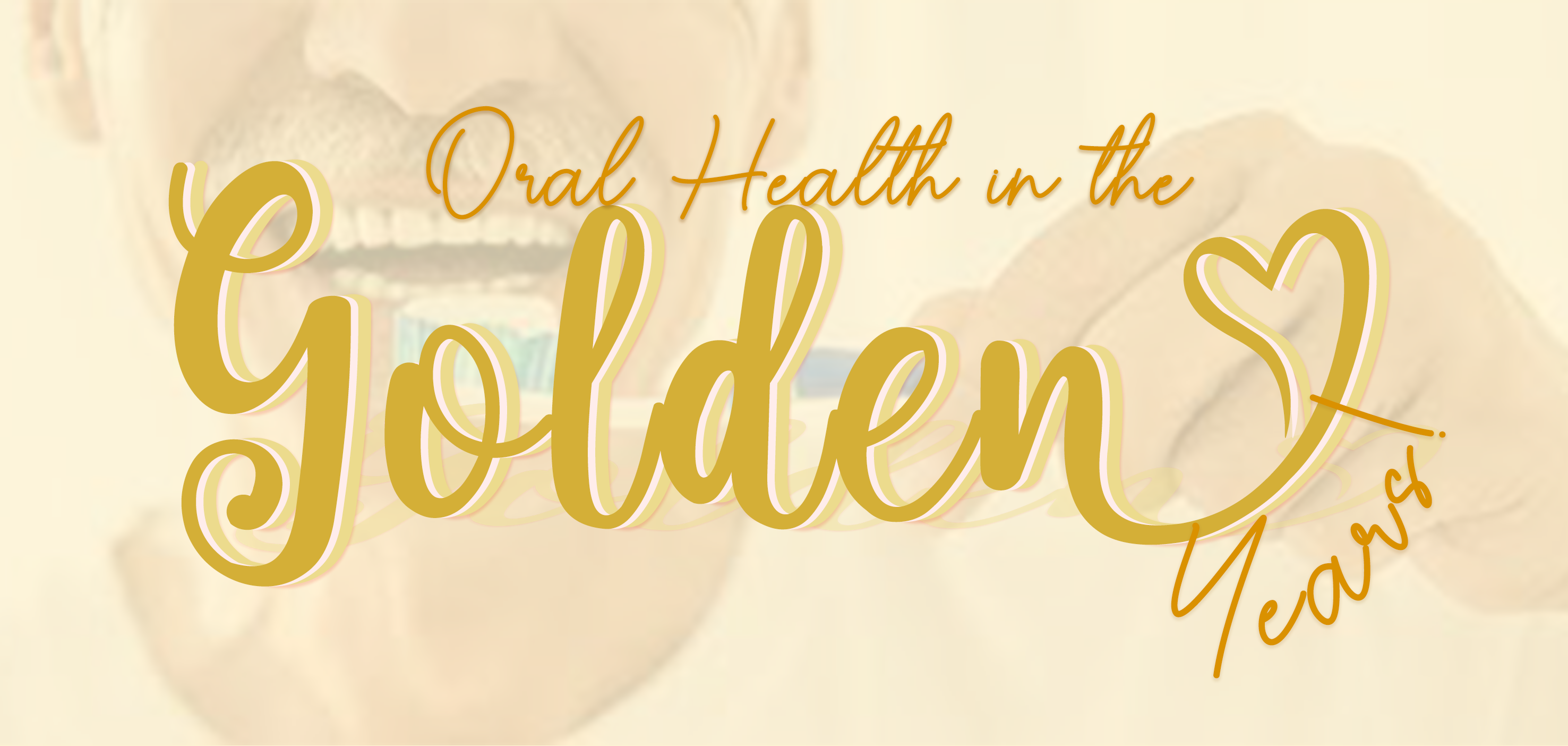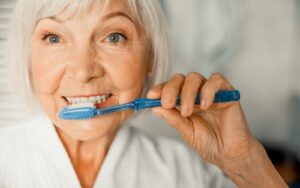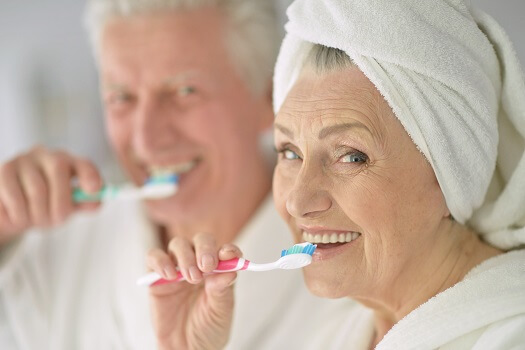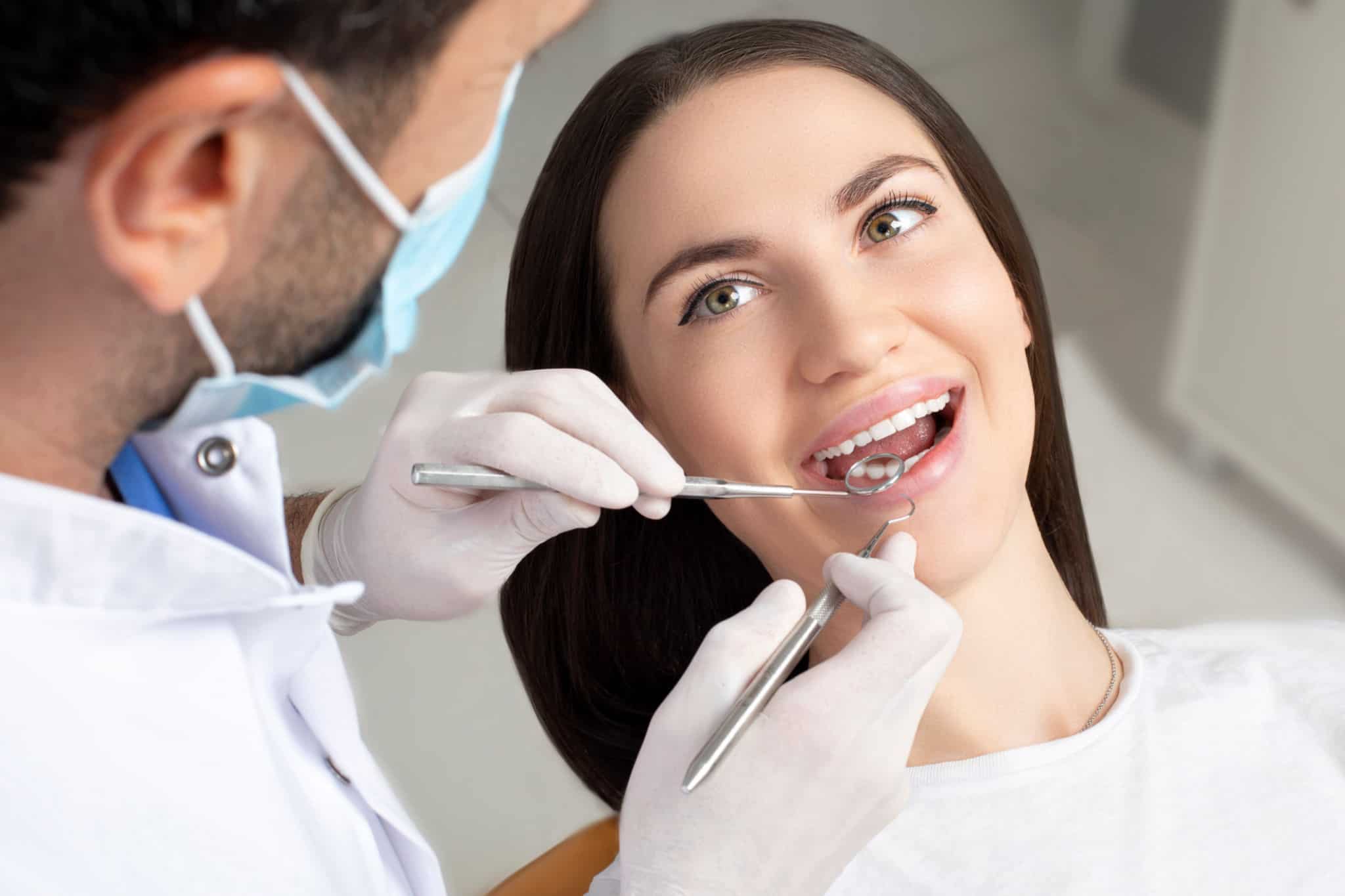Oral Health in the Golden Years: A Complete Guide to Elderly Dental Care
Maintaining dental health is a critical aspect of aging gracefully and ensuring overall well-being. For the elderly, oral hygiene transcends the aesthetic appeal of a bright smile, playing a pivotal role in nutrition, comfort, and systemic health. This guide is designed to address the unique dental care needs of older adults, providing insights, strategies, and practical advice to help maintain optimal oral health in the golden years.
- Comprehensive Guide: Tips for senior dental health.
- Main Focus: Addressing tooth decay, gum disease, dry mouth, and tooth loss.
- Health Link: Importance of dental care for overall senior well-being.
- Care Practices: Highlights regular check-ups and oral hygiene.
- Condition Management: Managing dry mouth and sensitivity.
- Innovation: Use of teledentistry and digital solutions.
- Well-being Impact: Oral health’s role in mental and social health.
- Access Solutions: Overcoming dental care barriers.
- Professional Support: Visit City Dental Clinic Surrey for expert care.
Understanding the Importance of Dental Care in Older Adults
The aging process introduces various changes in oral health dynamics, necessitating a specialized approach to dental care. Understanding these changes and their implications is the first step towards effective oral health management.
Common Dental Issues in the Elderly
Aging is accompanied by specific dental challenges, including:
- Tooth Decay and Cavities: The exposure of root surfaces due to gum recession makes elderly teeth more prone to decay. Factors such as a lifetime of dental wear and tear, and the increased difficulty of maintaining oral hygiene, contribute significantly to the risk.
- Gum Disease: Gum disease, characterized by inflammation of the gums and the degradation of the jawbone, is more prevalent in older adults. This condition can lead to tooth loss and has been linked to other systemic health issues.
- Dry Mouth: Xerostomia, or dry mouth, often results from medication side effects, a common issue given the higher likelihood of chronic conditions requiring treatment in older age.
- Tooth Loss: Advanced dental decay and gum disease can lead to tooth loss, significantly impacting an individual’s nutritional intake, speech, and self-esteem.
The Impact of Dental Health on Overall Well-being
The correlation between oral health and general health underscores the importance of dental care in older adults. Poor oral hygiene can lead to painful infections, difficulties in eating, and is linked to serious conditions such as heart disease and diabetes. Maintaining oral health is thus not only about preserving teeth but also about sustaining life quality and overall health.
Essential Dental Care Practices for Older Adults
The foundation of dental health in older age is a combination of professional care and diligent personal hygiene.
Regular Dental Check-ups
Elderly individuals should make regular dental check-ups a priority, aiming for visits at least twice a year. These check-ups are crucial for several reasons:
- Early Detection of Dental Issues: Regular examinations allow dentists to spot potential problems early on, such as cavities, gum disease, or oral cancer, when they are easier and less expensive to treat.
- Tailored Oral Hygiene Advice: Dentists can provide personalized recommendations based on the specific health conditions and needs of the elderly, such as customized brushing and flossing techniques, or advice on managing dry mouth caused by medications.
- Professional Cleaning: Professional cleanings during these visits remove plaque and tartar build-up that regular brushing and flossing can’t eliminate. This is essential in preventing gum disease and cavities.
Effective Oral Hygiene
Maintaining effective oral hygiene is foundational to dental health at any age, but it becomes even more critical for the elderly due to the increased risks associated with aging.
- Brushing and Flossing: Brushing twice a day with fluoride toothpaste and flossing at least once daily are essential habits. For those with arthritis or other conditions that limit manual dexterity, electric toothbrushes and floss aids like water flossers or pre-threaded flossers can be very helpful.
- Denture Care: For seniors with dentures, proper care is vital. This includes daily cleaning to remove food particles and plaque, using a soft brush and a cleaner specifically designed for dentures. It’s also important to remove dentures at night to allow the gums to rest and to soak them in a cleaning solution or water to keep them moist.
Diet and Nutrition
The role of diet in maintaining dental health cannot be overstated. Nutrition affects oral health in several ways:
- Preventing Cavities: A diet low in sugary snacks and beverages can significantly reduce the risk of cavities. Instead, focus on whole foods that are high in fiber, which can help clean the teeth.
- Strengthening Teeth: Foods rich in calcium (such as dairy products, leafy greens, and almonds) and vitamin D (such as fatty fish, egg yolks, and fortified foods) are crucial for maintaining the strength of teeth and bones.
- Promoting Gum Health: Vitamin C-rich foods (like citrus fruits, tomatoes, and peppers) are important for gum health, helping to prevent gum disease.
Managing Dry Mouth
Dry mouth, or xerostomia, can significantly impact the dental health of the elderly, making it crucial to manage effectively:
- Stay Hydrated: Drinking plenty of water throughout the day helps alleviate dry mouth symptoms and supports overall health.
- Saliva Substitutes and Stimulants: Over-the-counter saliva substitutes can provide temporary relief, while sugar-free gum or lozenges can stimulate saliva production.
- Consult Healthcare Providers: Since dry mouth is often a side effect of medications, discussing possible adjustments with healthcare providers can be beneficial.
Addressing Tooth Sensitivity
Tooth sensitivity can become more pronounced with age, affecting the quality of life. To manage sensitivity:
- Desensitizing Products: Using toothpaste designed for sensitive teeth can help reduce discomfort. These products typically contain ingredients like potassium nitrate, which helps block the transmission of pain signals from the surface of the tooth to the nerve.
- Avoid Triggers: Identifying and avoiding foods and beverages that trigger sensitivity, such as those that are very hot, cold, acidic, or sweet, can prevent discomfort.
- Seek Professional Advice: Regular dental check-ups are crucial for diagnosing and treating the underlying causes of tooth sensitivity. Treatments may include fluoride varnishes, desensitizing agents, or dental procedures to address more serious issues like gum disease or decay.
The Psychological Impact of Oral Health on Seniors
The condition of an elderly individual’s oral health can have profound effects on their psychological well-being.
- Self-esteem and Confidence: Healthy teeth and gums can improve self-esteem, making seniors feel more confident in their social interactions.
- Mental Health: The discomfort and pain from dental issues can lead to stress, anxiety, and even depression. Maintaining oral health is, therefore, integral to psychological well-being.
- Social Interaction: Dental problems can affect speech and the ability to eat comfortably, potentially leading to social isolation. By addressing these issues, seniors can enjoy a more active and engaging social life.
Overcoming Barriers to Dental Care
Accessibility to dental care is a significant concern for many older adults, due to factors like financial limitations, mobility issues, and lack of insurance. Investigating public health options, seeking care at dental schools for reduced rates, and exploring insurance plans designed for seniors can help mitigate these barriers.
Advanced Dental Care Technologies and Treatments
Advancements in dental technology offer new avenues for treating age-related dental issues. Innovations such as dental implants for tooth replacement, laser therapy for gum disease, and digital dentures for improved fit and comfort are transforming dental care for the elderly. Staying informed about these options and discussing them with a dental professional can lead to more effective and less invasive treatments.
The Role of Technology in Enhancing Dental Care for the Elderly
Technological advancements in dentistry have significantly improved the quality of care available to older patients.
- Teledentistry: This allows for remote consultations, making dental care more accessible for seniors with mobility issues or those living in remote areas.
- Digital Dentures: Advances in digital design and manufacturing have made dentures more comfortable and faster to produce.
- 3D Printing: This technology is used for creating precise dental implants and crowns, reducing the number of visits and adjustments required.
Overcoming Barriers to Dental Care for the Elderly
Accessibility remains a significant barrier to dental care for many seniors. Solutions include:
- Mobile Dentistry Services: These services bring dental care to the elderly in nursing homes or those who are homebound.
- Community Dental Programs: These programs offer affordable care for seniors, often based on a sliding scale according to income.
- Dental Insurance for Seniors: Some insurance plans are specifically tailored to the needs of older adults, covering treatments commonly required by this age group.
Conclusion
Effective dental care for the elderly encompasses a comprehensive approach that addresses the unique challenges of aging. By understanding these challenges, adopting thorough oral hygiene practices, and seeking professional dental care, older adults can significantly improve their quality of life. Remember, it’s never too late to prioritize oral health, and the benefits of doing so extend far beyond the mouth, contributing to overall health, confidence, and happiness in the golden years.
Taking proactive steps towards maintaining your dental health is essential. Don’t wait for minor issues to become major problems. Whether you’re seeking regular check-ups, solutions for dry mouth, or specialized care for sensitive teeth, City Dental Clinic Surrey offers a comprehensive range of services tailored to meet the unique needs of older adults. Our experienced team is dedicated to providing you with the highest quality of care in a comfortable and welcoming environment. Visit our website today to learn more about how we can support your journey to maintaining optimal oral health and a bright, healthy smile for years to come.









